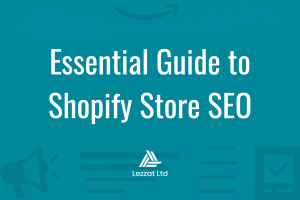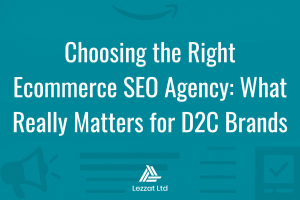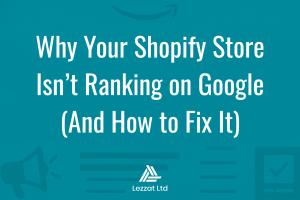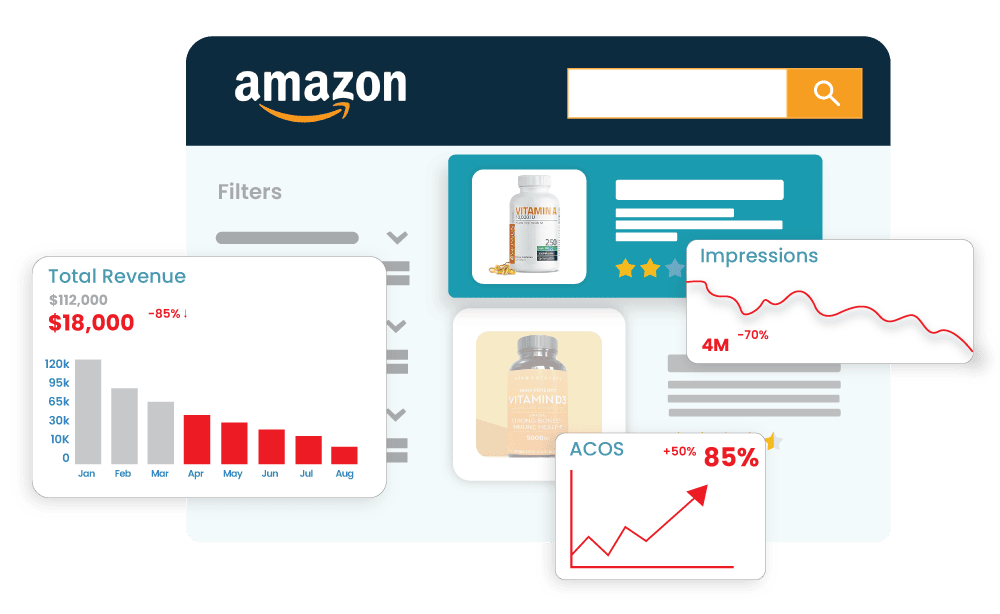Are you struggling choosing a platform for your next website? Are you debating whether Wix or WordPress is better for you? Then look no further than this article to get your questions answered.
In today’s digital world, your website and its functionality is vital for the longevity of your business. If someone comes across a business and wants to know everything about it, they are going to search for its website.
Search engines are the yellow pages of our era. Essentially, if your business has no website, it is almost as if it does not exist. Yet, just building a website will not “cut it”.
To be able to attract visitors to your website you need your customers to find you on search engines (like Google).
Getting found is not easy
75% of users never scroll past page one when they are looking at Google! (source: HubSpot)
This is where Search Engine Optimization (SEO) comes into play and why choosing a website platform for your website is crucial. In this post, we will look at 2 of the most popular website development platforms, Wix and WordPress.

Wix vs WordPress
Building your business’ website does not require you to know how to code. You can choose a content management system (CMS) to do the hard work for you. Wix and WordPress are the two most widely used content management systems with a combined market share of around 65%.
But how can you choose which one is right for you? Both platforms have their unique features and appeal to different audiences. Knowing which one is best suited for your website and your needs will save you a lot of time and headaches later on.
Is Wix or WordPress better?
The answer will depend on what you plan on using your website for. Both platforms are great for creating websites and can drive traffic to your website with SEO.
The key question is identifying your website’s requirements and where you want to be in 1-3 years’ time. By laying out a plan for your website’s development, which ought to be in your marketing plan, you will be in a better position to understand which website platform is best for you.
There is no clear cut answer to which platform is better as this will depend entirely on your needs.
7 tips to consider when choosing the right platform for your new website.
Tip 1: Make a list of your website’s requirements and it’s desired functionality
This is the first and most important step. We often treat the procedure of building a website as our chance to be creative. But it is very important to take a step back and think about the basic features and services we want our website to provide as well.
Would you like people to be able to signup to your website using their social media? Are you planning on hosting an e-shop? Are you building a website simply as a form of a digital portfolio for clients to see what you have to offer?
If you are thinking of an e-shop, Wix has built-in sales featured in all their e-commerce plans. WordPress, however, needs the installation of a plugin to support e-commerce.
If you plan on creating a website that has hundreds or even thousands of products then perhaps you should look at a dedicated e-commerce platform such as WooCommerce or Shopify.
Tip 2: Know your audience
Knowing your audience and their online habits are essential to creating content that converts. This step is referred to as the customer persona and buyers’ journey in marketing.
It is important to know your customer’s characteristics, spending patterns and what is important to them so that you can tailor your website and services accordingly.
With Wix you can create stylish looking websites with built-in functionalities such as booking online and chat, with a click of a button (seriously it is that easy!). You can do the same with WordPress but you will have to rely on 3rd party plugins and some customization.
Tip 3: Acknowledge your technical skills
Not having technical skills or not having the budget to hire a programmer in this stage of your business, should not refrain you from building your digital presence. However, it is important to know your technical skills so you choose the tool you can use.
Wix is an all-in-one easy-to-use website builder aimed at people who want to build a website with no prior knowledge whatsoever. WordPress is more suited to an audience that already knows website development basics and preferably some level of HTML coding.

Tip 4: How much do you want to control the final look of your website?
If you want a content management system that gives you the freedom to customize your website from scratch, then WordPress is the one for you.
There are tons of 3rd party marketplaces that offer modern & stylish templates to help kick start your website (e.g Themeforest or Envato). Creating a website out of a template will take longer and will require some technical skills but the end results tend to be much more robust and professional than Wix.
The set templates that are offered by Wix are equally very modern and stylish. They can be customized to an extent much easier than WordPress templates as all features are a simple case of drag & drop.
However, this comes with limitations as in Wix you cannot fully edit the website’s code.
Tip 5: Your website should be responsive
It goes without saying that your website should be optimized for mobile, desktop and tablet. This is known as responsive design and its the ability of a website to adjust to any platform it is browsed on which makes the user experience greater.
If you haven’t guessed it already that is an important factor for SEO as well.
Mobile friendly is important
Potential clients may quickly search for your website on their phones, if your website is not mobile friendly, they will not bother checking your website on their laptops.
Wix offers a mobile view and a desktop view when editing your website, making it super easy to edit and optimize both views. WordPress, on the other hand, doesn’t, which makes it more difficult to quickly see both versions.
Tip 6: What is your budget to build a website?
Another important element to consider is what will be your desired budget to build your website? Your main costs will include your hosting, domain name registration (e.g. www.lezzat.co.uk) and yearly subscription to the website platform.
For Wix, you are looking at roughly 100€ for year one and 180€ each year after that. Depending on your plan you might need a higher tier. You can check their prices here.
With WordPress, you don’t have subscriptions as the platform is free to use. However, you still have to get hosting, domain name and most likely a template to start your website (usually they cost anywhere between 15-60€).
Make sure to set aside a budget for a WordPress expert to help you set up the website and do any changes you are unable to do. As such, WordPress website tend to typically cost more than a Wix a website.
Tip 7: Which website builder is best for SEO?
There has been an ongoing debate as to which platform is best when it comes to SEO.
Traditionally, WordPress has held more advantages than Wix regarding SEO rankings. It’s plugin features like Yoast SEO offer more customizable features that yield speed optimizations.
This can significantly improve your website’s SEO rankings. However, in order to use these plugins, some basic HTML knowledge is required.
For those with limited coding knowledge, Wix is still a great option. The company has invested significantly in improving their website’s performance on Google and providing simple to use features that can help you achieve great SEO results.
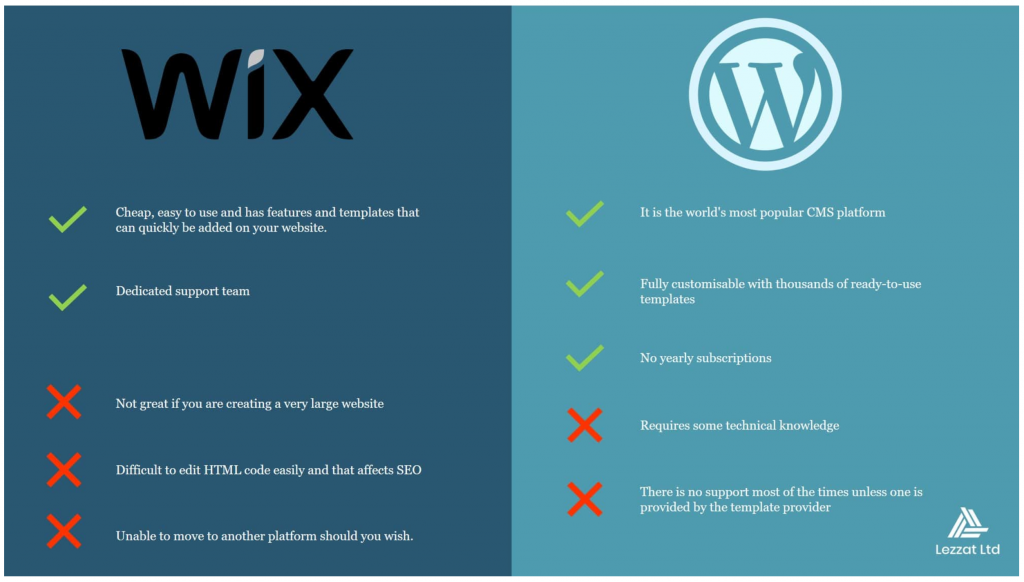
Conclusion
There you have it, our 7 tips to get you on your way to starting your website with the right platform.
Essentially the tips you need to consider when choosing a website builder relate to these questions: 1) how easy it is for you to use, 2) whether it satisfies the needs of your website and 3) whether it guarantees that the user experience is great.
What other questions do you have about Wix and WordPress? We’d love to hear from you, leave us a comment below!
Please consider to Like&Share!


